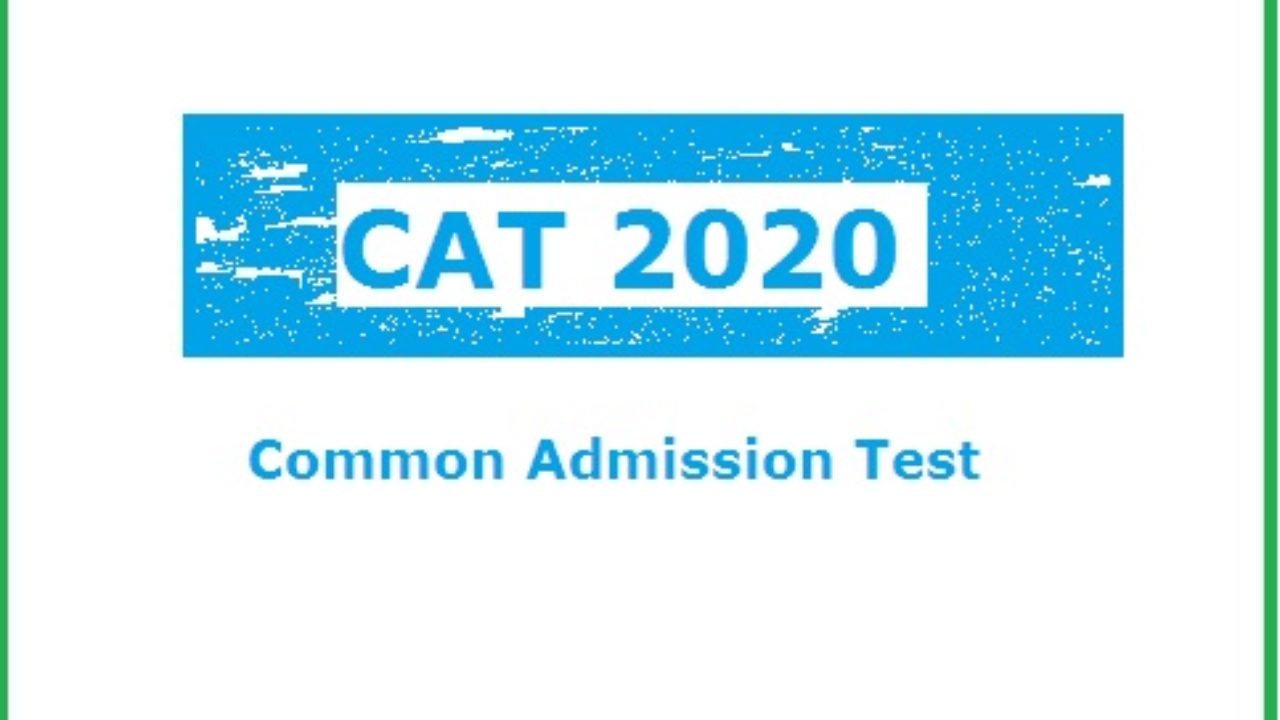JEE entrance exams: IITs are not in favour of entrance exam cancelation
- Gayatri
- Wednesday | 24th June, 2020
While the number of Covid-19 cases has been increasing rapidly across the country, most of the students and parents are demanding the postponement or the cancellation of JEE entrance exams.
While the number of Covid-19 cases has been increasing rapidly across the country, most of the students and parents are demanding the postponement or the cancellation of JEE entrance exams.
Several IITs are not in favour of cancelling JEE Main exam. Director of IIT Ropar, Sarit K Das said that, “cancellation of the national-level exam is not an option as admission to IITs and NITs is a serious matter. Most students work hard to crack this exam, and it is not fair to let their preparation go to no purpose. The government may consider the option of rescheduling exam, he added.” He also said that the rescheduling of the exam can be an option in case the pandemic worsens.
“Delayed academic sessions can be compensated by shortening the annual summer and other breaks for four years, but admission based on board results will lead to dilution of the quality of students and will hamper the brand value of IITs. The admission to the IITs through JEE Advanced is a uniform process to filter quality students from across boards. Those who are serious about studies will never support the abolishment of the exam due to pandemic". He adds.
There is no other standardised process to shortlist candidates for admission into the IITs. The cancellation of the exams would be unfair for the students who have prepared hard for it.
It is also not fair to consider the JEE Main January 2020 percentile for admission in NITs, as most students consider the first edition of JEE as a practice test. Based on the performance in the first edition of JEE Main, students prepare accordingly for the second edition.

If You Like This Story, Support NYOOOZ
Your support to NYOOOZ will help us to continue create and publish news for and from smaller cities, which also need equal voice as much as citizens living in bigger cities have through mainstream media organizations.











